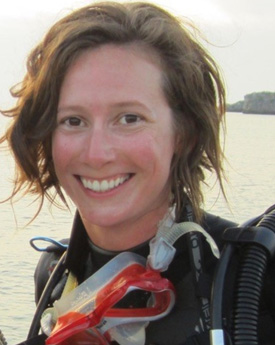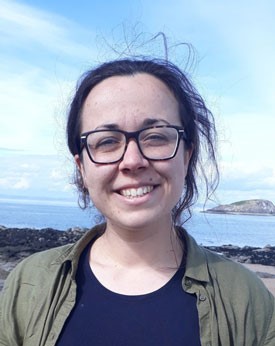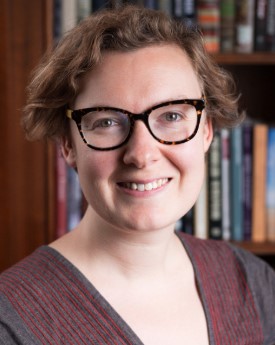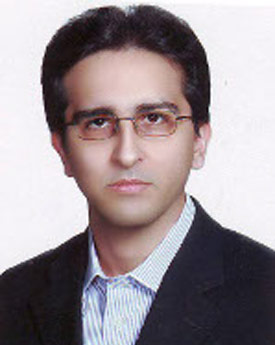Nigel Davies
Nigel Davies is a Distinguished Professor of Computer Science and Co-Director of DSI@Lancaster. He has held visiting positions at Sony Electronics, Google Research, ETH Zurich and CMU. His work is in the area of pervasive computing including systems support for new forms of data capture and interaction and is characterised by an experimental approach involving large-scale deployments of novel systems with end-users. He has chaired many of the major conferences in the field and is a former editor of IEEE Pervasive Computing and an Associate Editor of IEEE Transactions on Mobile Computing. He has been PI or CI on over £9.8 million worth of grants.






.jpg)














